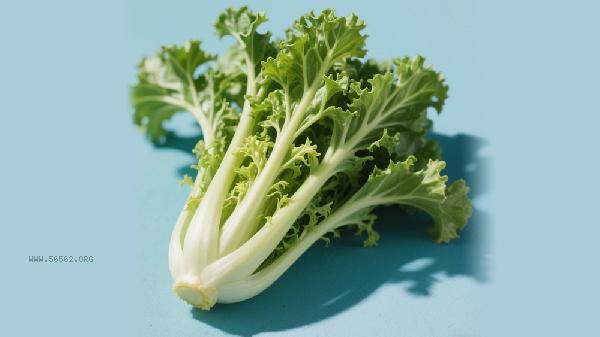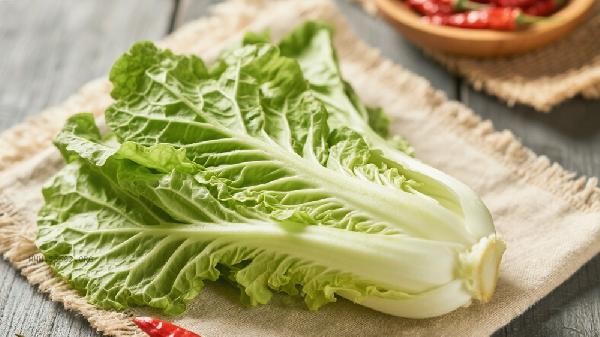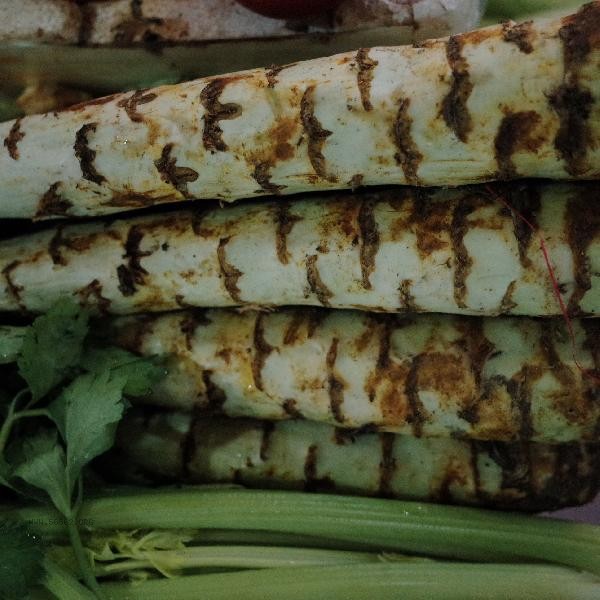Mustard sprouts are generally not recommended to be consumed with high calcium foods, cold foods, foods rich in vitamin C degrading enzymes, high oxalate foods, and some medications. Mustard sprouts contain components such as glucosinolates and oxalic acid, and improper combination may affect nutrient absorption or cause gastrointestinal discomfort.

1. High calcium foods
Oxalic acid in mustard greens can easily combine with calcium to form calcium oxalate precipitation, which affects calcium absorption and may induce stones. Common high calcium foods include milk, tofu, shrimp skin, etc. It is recommended to consume them at least two hours apart. Long term and large amounts of same food may increase the risk of urinary system stones, especially for people with stone constitution who need to pay special attention.
2. Cold foods
Mustard heads are cold in nature, and eating them together with cold foods such as watermelon, bitter gourd, crabs, etc. may exacerbate spleen and stomach deficiency and cold symptoms. Individuals with a cold constitution are prone to abdominal pain and diarrhea, and should avoid such combinations during winter or after catching a cold. When cooking, it can be paired with ginger and garlic isothermal seasonings to neutralize coldness.
III. Vitamin C Decomposing Enzyme Foods
Foods containing vitamin C decomposing enzymes, such as cucumbers and carrots, can destroy the vitamin C in mustard greens. It is recommended to consume them in a staggered manner or add vinegar and cold mix to inhibit enzyme activity in order to preserve more nutrients. People with vitamin C deficiency should especially avoid pairing raw foods.

Fourth, high oxalate foods
Eating high oxalate foods such as spinach and bamboo shoots together with mustard greens can significantly increase oxalate intake. Excessive oxalic acid may interfere with iron and zinc absorption, and gout patients need to control the total amount. Blanching treatment can remove some oxalic acid and reduce health risks.
5. Some drugs
Mustard seeds are rich in vitamin K, which may weaken the anticoagulant effects of warfarin and other drugs, and sulfur glycosides may affect the absorption of thyroid drugs. During the period of taking the above medications, it is recommended to consult and control the intake of mustard greens and the interval between medication. Mustard sprouts are rich in nutrients, but it is important to pay attention to scientific pairing. Suggest using cooking methods such as blanching and stir frying to reduce oxalic acid content, and pairing with high-quality protein such as eggs and lean meat to improve nutrient utilization. It is advisable to control the daily intake at 100-150 grams, and those with gastrointestinal sensitivity can consume it in small portions. Patients with special constitutions or chronic diseases should adjust their diet plan according to medical advice, and stop eating and observe in a timely manner if they experience discomfort such as bloating. Maintaining diversity of ingredients is essential for achieving balanced nutrition.










Comments (0)
Leave a Comment
No comments yet
Be the first to share your thoughts!